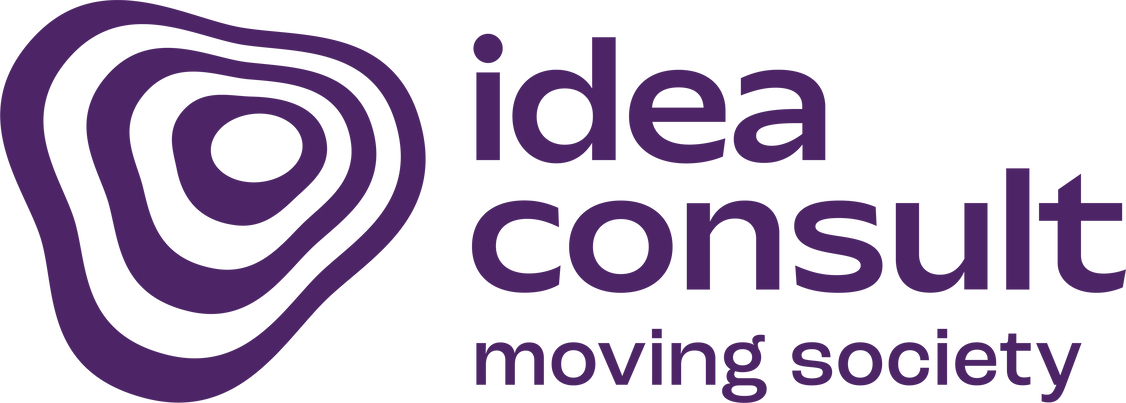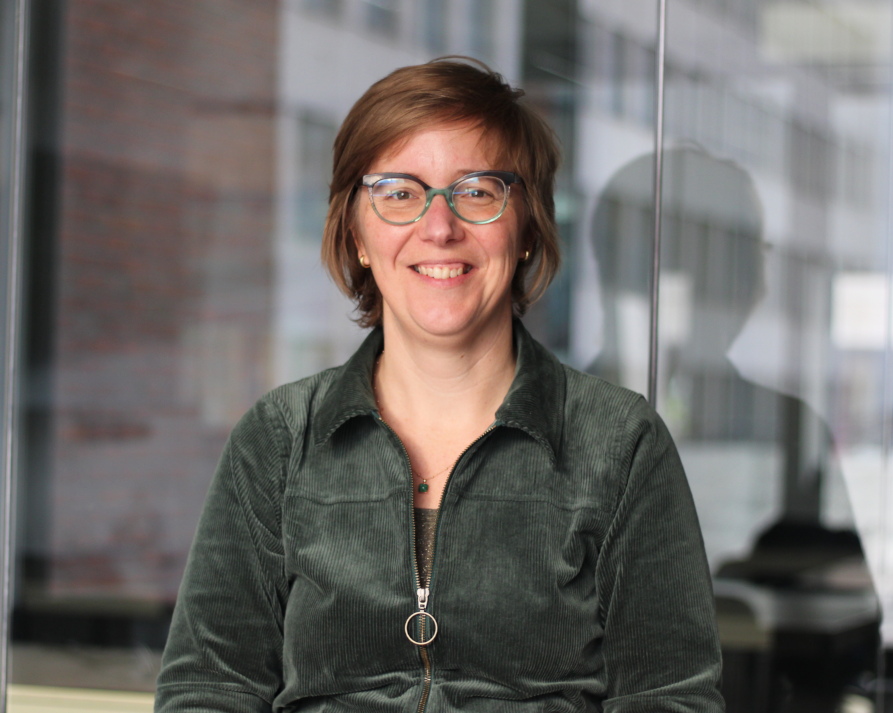We work on more than 300 projects every year.

Evaluation of teaching activities for sick pupils
Ella Desmedt
The challenge
Every child has a right to education, including those who cannot attend school due to long-term or chronic illness. The Flemish Government provides teaching activities for them, including Bednet, Temporary Home Schooling, Hospital Education, and measures within the school care policy. There are also voluntary initiatives such as School en Ziekzijn. The aim of this large-scale evaluation was to examine to what extent the measures are well matched, whether they meet the needs, whether they achieve the set goals, and whether they are efficient.
The process & results
At the outset, we noted that our initial plan to evaluate each measure separately would not work because pupils from the target group often experience multiple measures. We therefore adopted an approach that focuses not on the measure, but on the experience of the pupils. We set up an evaluation framework, based on scientific and practical insights about a quality education for sick pupils. This framework includes evaluation questions and assessment criteria. To answer the questions, we used various research methods: interviews, data analysis of pupil information and a survey of school staff and parents. The bulk of the research consisted of 16 online focus groups in which we surveyed all relevant actors. Finally, we conducted 360° case studies of three pupils, to test and complete results. During the study, we met several times with academic experts who provided us with feedback and shared their knowledge.
The study revealed valuable insights on the relevance, coherence, effectiveness and efficiency of the existing teaching activities. We drafted 10 recommendations for policy makers and stakeholders, enriched by in-depth analyses of inspiring examples from Belgium and abroad.

